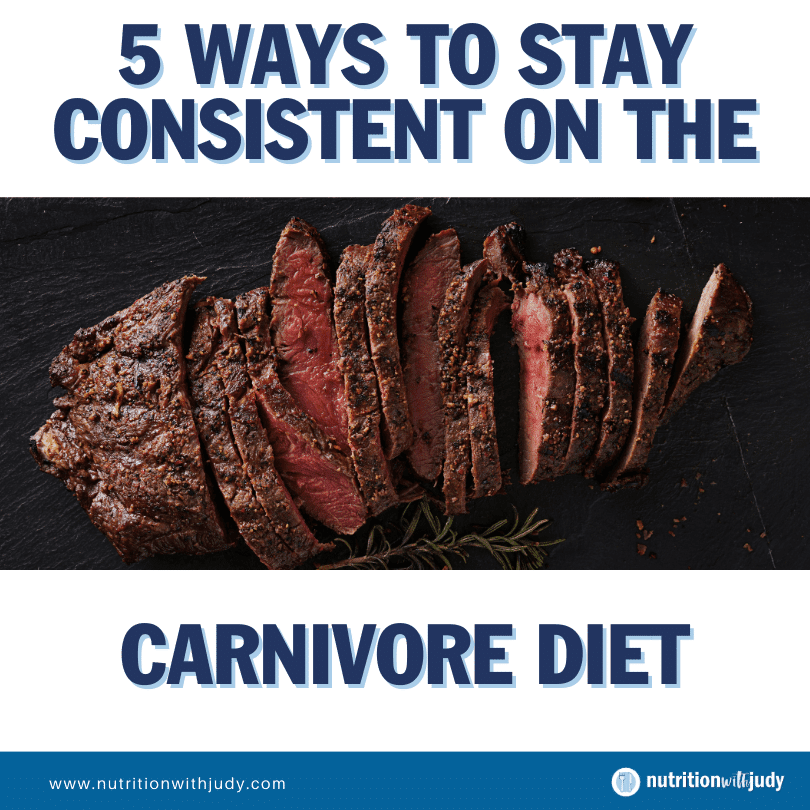

5 Ways to Stay Consistent On the Carnivore Diet


Embarking on the carnivore diet journey, particularly during World Carnivore Month this January, is a commendable step towards a healthier lifestyle. Many of you are joining this movement, eager to experience the transformative benefits. However, consistency is key to reaping the full rewards.
To assist in this journey, we’ve compiled our top five strategies to maintain focus and make the carnivore diet a sustainable choice for the long term. These practical tips are designed to help you navigate challenges and enjoy the journey towards optimal health. Here are 5 tips for staying consistent on the carnivore diet.
What Is the Carnivore Diet?
The carnivore diet is an approach focused on consuming animal products and eliminating plant-based foods. It includes various variations:
- Beef-Only Carnivore Diet: Focuses exclusively on beef consumption. This is the most restrictive option and can be a great place to start for elimination diets, individuals interested in supporting autoimmunity, and more. Beef-only is often recommended as a short-term dietary approach.
- Lion Diet: Similar to the beef-only variant, the lion diet is slightly less restrictive by including all ruminant meats. Ruminants include elk, deer, goat, lamb, beef, veal, and more. This is also a great option for individuals interested in supporting chronic illness and pursuing an elimination diet to identify food triggers.
- Meat-Only Carnivore Diet: Primarily involves eating muscle meat from any animal source, salt, and drinking water, serving as a more varied elimination diet to establish a health baseline. This can be a great starting point for individuals who are targeting weight loss, addressing less severe chronic illness, and looking to identify potential plant-based food triggers.
- Nose to Tail Carnivore (Ancestral Carnivore): Emphasizes consuming the entire animal, including organ meats, for a nutrient-dense approach. There’s nuance in terms of consuming organs – we always advocate eating organs in the same proportion as the animal. Many people heal without including organ meats in their diet so we usually recommend only including them if you enjoy them, have specific nutrient deficiencies you’re looking to target, or for temporarily supporting certain conditions.
- Zero Carb Carnivore Diet: Involves eating exclusively from the animal kingdom but expands the diet with the inclusion of dairy and eggs. While dairy and eggs can contain carbs, this diet is technically a nearly-zero-carb way of eating. This is a great option for those who already tolerate dairy and eggs well.
- Carnivore Keto Diet: With the inclusion of some more keto foods that are considered lower-toxicity in terms of plant anti-nutrients, this is often ideal for people who have almost healed or have fully healed. We don’t usually recommend starting here but it could help with transitioning to and from a strict carnivore diet.
- Carnivore-ish Keto: An even less restrictive diet option that contains more keto foods such as nuts, avocados, and other plant-based fat sources. It’s best to pursue this diet if you’re fully healed, metabolically flexible, and don’t struggle with any food addiction issues.
- Animal-Based Diet: Coined by Paul Saladino, the animal-based diet includes meat, organs, raw dairy, fruit, and honey. It shares similarities with Ray Peat. In our clinical experience, most people don’t do well with this diet. It’s often individuals who are athletic and metabolically flexible that do well.
Each variation caters to different preferences and health goals, emphasizing the importance of bio-individuality and sustainability for long-term health benefits.
What Are the Benefits of the Carnivore Diet?
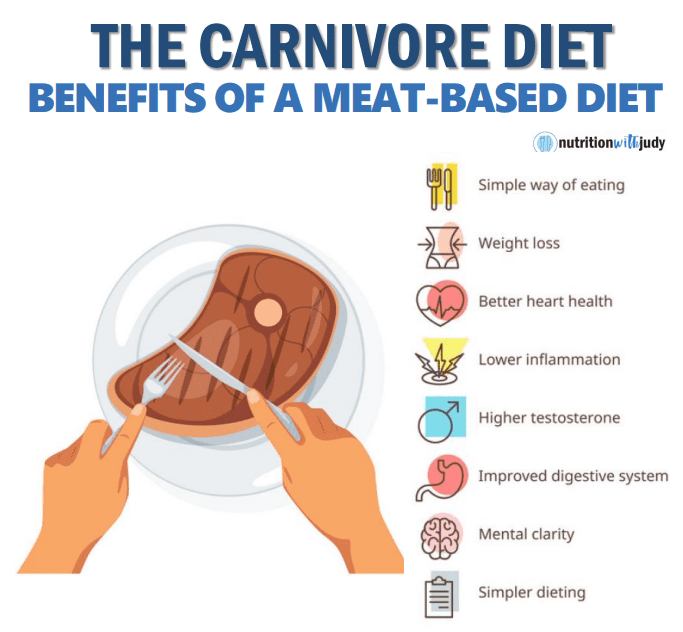

The carnivore diet offers a range of benefits, primarily focusing on the consumption of animal proteins and fats while avoiding plants and grains. It is essentially a zero-carb or nearly zero-carb diet. The key benefits of the carnivore diet include:
- Minimization of Plant Anti-Nutrients: This includes lectins, oxalates, and phytic acid, which can cause issues like autoimmunity, digestive problems, and leaky gut in certain individuals. When individuals have compromised guts or immune systems, plant anti-nutrients can trigger a host of downstream issues.
- Avoidance of Mycotoxins and Aflatoxins: Reducing exposure to these toxic mold particles found in nuts, grains, and other foods. Many plant-based foods are contaminated with aflatoxins and other toxic compounds.
- Reduced Glyphosate Exposure: Glyphosate is a harmful herbicide linked to cancer, found in many conventional crops and processed foods.
- Reversal of Disease Caused by Excess Sugar: Modern-day society consumes more sugar than we’re equipped to process. The carnivore diet helps by addressing metabolic diseases caused by overconsumption of sugar.
- Minimization of Carb Intake: Carbohydrates, both complex and simple, are broken down into glucose, impacting blood sugar levels and contributing to metabolic diseases. Research supports that consuming refined carbs leads to an increased risk of cardiovascular disease and obesity.
- Prevention of Excessive Fiber Intake: Excessive fiber can cause digestive issues, especially in those with IBD and SIBO. Fiber is a form of carbs that can’t be broken down and must be fermented in order to convert into short-chain fatty acids (SCFAs). Dairy actually offers the best dietary source of SCFAs. You can learn more about the risks of eating fiber here.
- Avoidance of Processed Foods and Harmful Oils: Processed foods often contain inflammatory vegetable oils and are high in carbohydrates, creating a deadly combination.
- Most Bioavailable Nutrients: Animal proteins provide essential nutrients that are either not found or are less bioavailable in plant foods. Plant protein and amino acids are less digestible and far less bioavailable than animal protein. Vitamins B12, D3, EPA, DHA, taurine, and creatine are not found in plant foods. Vitamins A, E, iron, and zinc are very low in plant foods.
The carnivore diet can be particularly beneficial for those seeking weight loss, natural ways to reverse chronic conditions, or overall health improvement. You can learn more in-depth about these benefits here.
Who Should Try the Carnivore Diet?
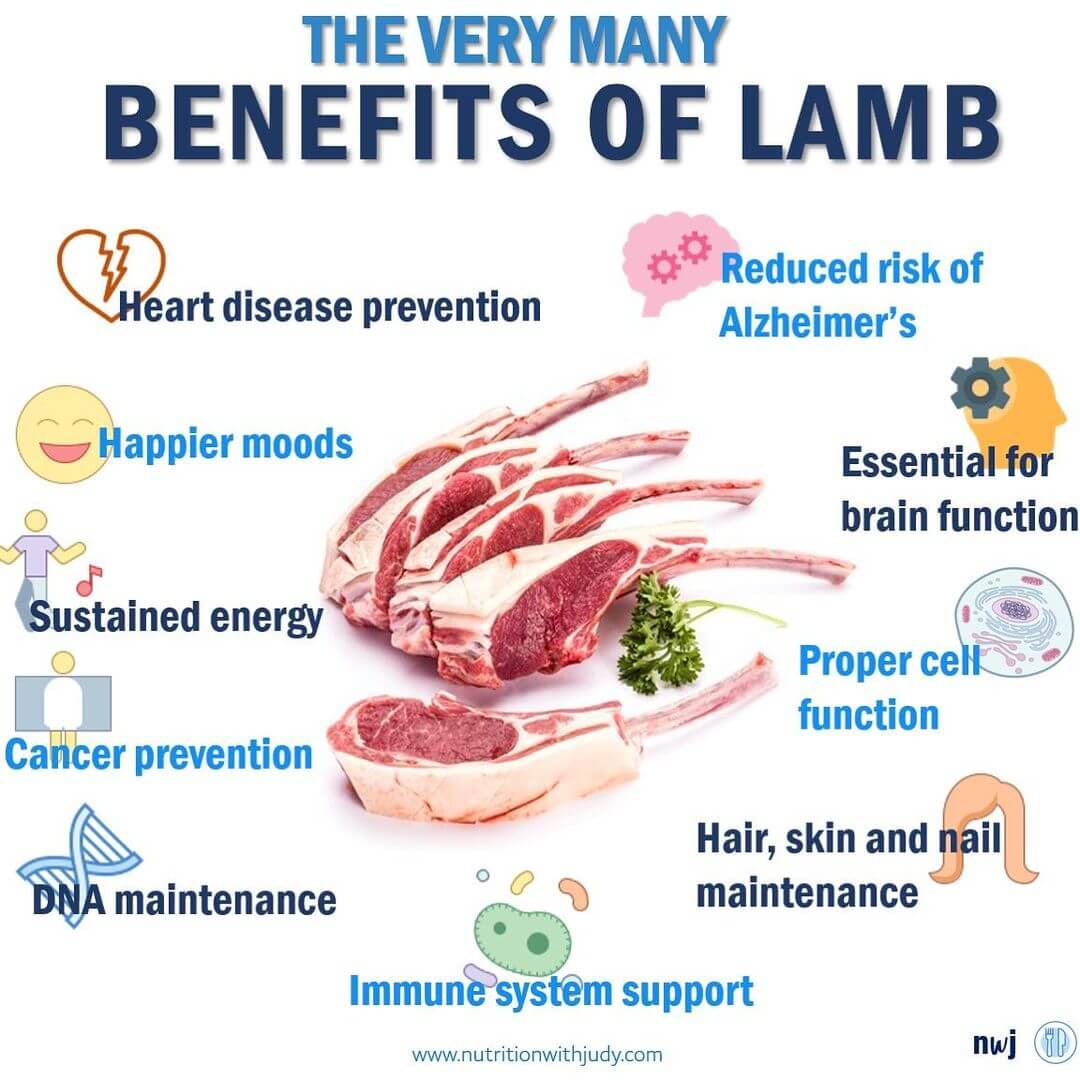

The carnivore diet, focusing primarily on meat consumption, is adaptable for various individuals, particularly useful for those exploring food sensitivities. This diet provides a practical method for understanding personal dietary reactions, unlike unreliable food sensitivity tests. It attracts a diverse audience, including those transitioning from keto or paleo diets, biohackers, weight loss seekers, and individuals with autoimmune or chronic illnesses.
Customizing the diet is key to addressing different health conditions and lifestyle needs. People with insulin resistance, autoimmune disorders, gut issues, mineral imbalances, or mental health challenges can modify their diet to suit their specific requirements. While a high-fat, meat-only approach is typically recommended for healing, adjustments are necessary in cases of nutrient excess to avoid overburdening the liver, especially when dealing with heavy metals and other mineral imbalances.
Understanding individual responses to various types of meat and their nutritional benefits is essential for customization. Benefits vary from omega-3 in salmon, thiamine in pork, to copper and zinc in shellfish. Listening to the body’s reactions is crucial for determining the most effective dietary approach, as what works for one person may not for another, highlighting the need for a personalized carnivore diet.
The carnivore diet thus presents itself as a flexible dietary choice, accommodating a broad spectrum of individuals, especially those with specific health conditions or dietary objectives. Its ability to be tailored to individual health needs makes it an inclusive option.
How to Stay Consistent On the Carnivore Diet
Embarking on the carnivore diet can be a transformative journey, full of potential health benefits and wellness improvements. However, the key to truly unlocking these benefits lies in maintaining consistency. To assist you on this path, we have compiled an insightful guide filled with leading tips to help you stay committed to the carnivore diet. Staying consistent with any diet is crucial; it allows your body to fully adapt to the new nutritional habits, enabling you to experience the complete spectrum of health benefits.
Our guide covers everything from managing cravings and effective meal planning to understanding the critical balance of nutrients. These tips are carefully curated to make your adherence to the carnivore diet not only manageable but also enjoyable and sustainable over the long term. By implementing these strategies, you’ll be well-equipped to maintain a consistent diet routine, ensuring optimal health and wellness results.
1. Eat the meat you enjoy
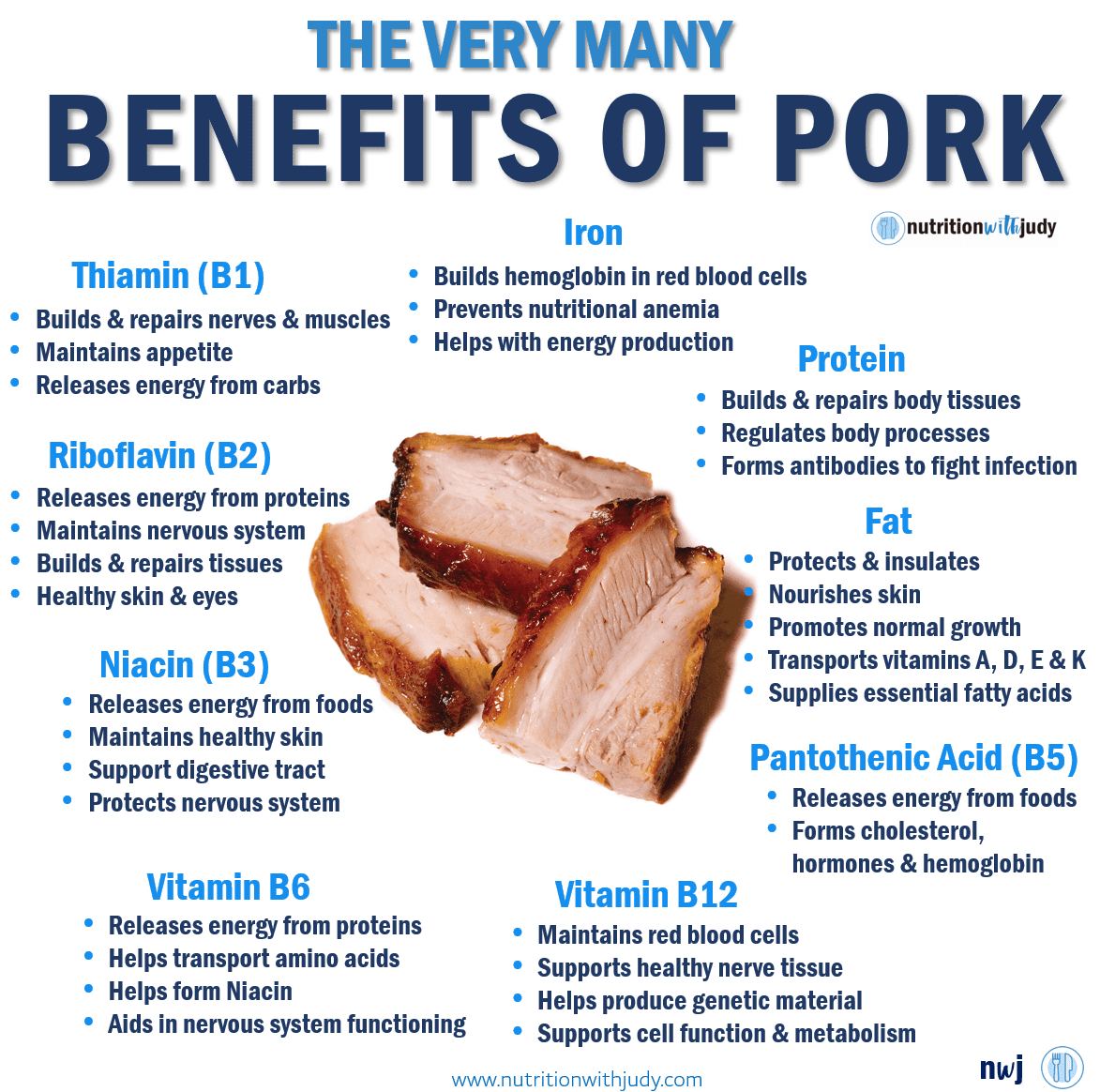

Adopting the carnivore diet for long-term sustainability hinges significantly on the enjoyment of the meat consumed. The importance of eating meat that you genuinely enjoy cannot be overstated. Often, diet sustainability is compromised by monotonous or unappealing food choices, leading to a decrease in adherence over time. The carnivore diet offers a broad spectrum of options – from beef, pork, and poultry to fish and seafood. The key to maintaining this diet successfully is to avoid dogmatism in food choices and preparation methods.
Dietary rigidity can be a major pitfall. It’s crucial to remember that there’s no one ‘right’ way to follow the carnivore diet. Each individual has unique preferences and tolerances. Embracing this personalization by choosing meats that you not only tolerate well but also enjoy eating is essential. Whether it’s a preference for steak over ground beef, or a fondness for grilled chicken over baked, honoring these preferences can make the diet more enjoyable and, consequently, more sustainable.
Moreover, the method of preparation plays a significant role in enhancing the diet’s appeal. Experimenting with different cooking techniques – grilling, roasting, slow cooking – can transform the same cut of meat into varied, enjoyable meals. This diversity in preparation keeps the diet interesting and prevents the monotony that often leads to diet abandonment.
In essence, focusing on personal preferences in meat selection and preparation can significantly increase the likelihood of long-term adherence to the carnivore diet. By aligning the diet with your culinary likes, it becomes not just a dietary choice, but a satisfying and sustainable lifestyle.
2. Understand your personality type
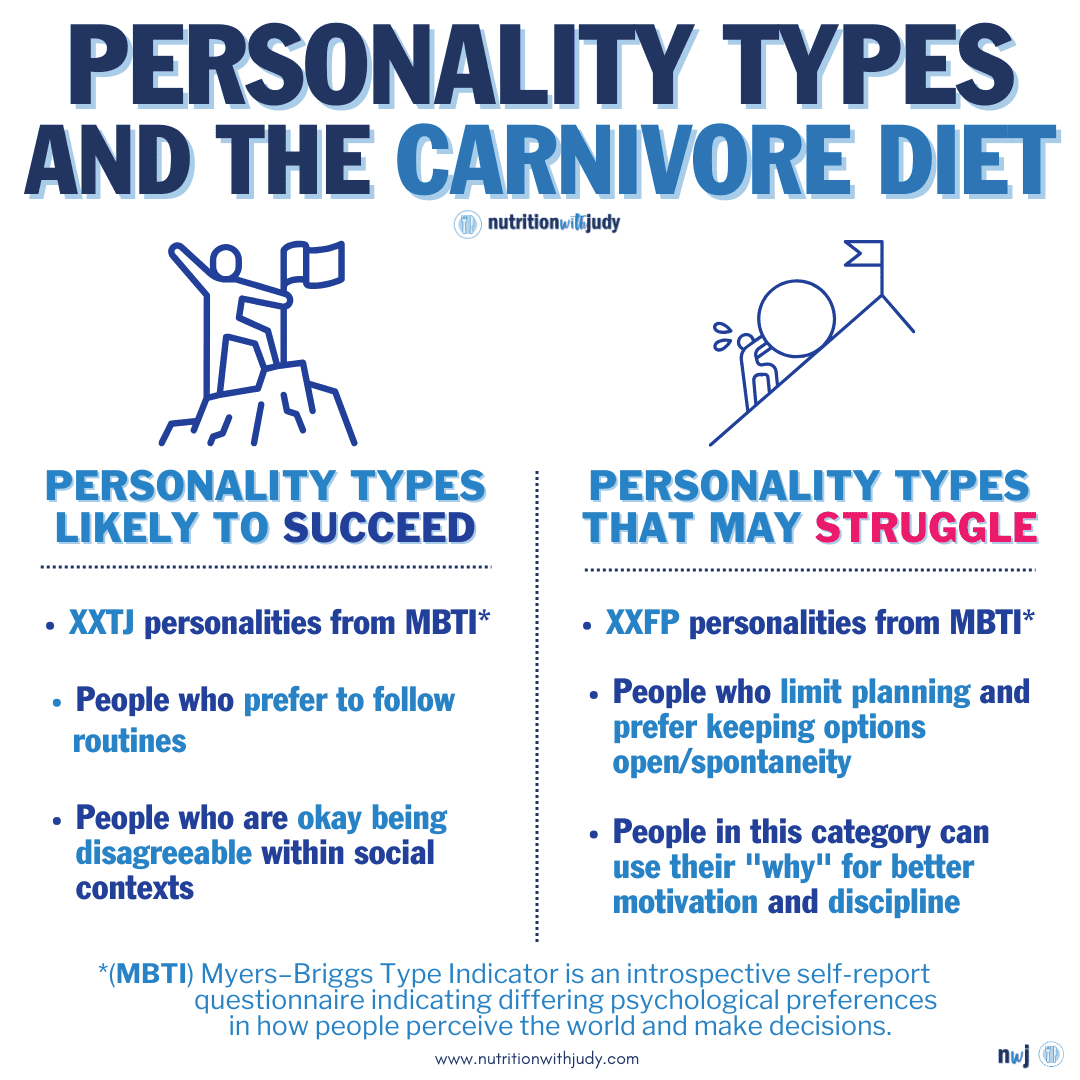

Understanding your personality type plays a crucial role in making the carnivore diet sustainable in the long term. Two key personality types that affect diet choices are ‘abstainers’ and ‘moderators’. Abstainers find it easier to stick to a diet when they completely avoid certain foods. For them, the clear boundaries of the carnivore diet, which eliminates plant-based foods, can be beneficial and less stressful. They thrive on the ‘all or nothing’ approach, finding it simpler to abstain entirely from non-meat foods.
On the other hand, moderators prefer variety and balance. They may struggle with strict dietary limitations, finding them too restrictive and leading to feelings of deprivation. For moderators, the carnivore diet could be challenging unless they allow themselves some flexibility. This could mean occasionally incorporating non-meat items if it helps them maintain overall adherence to the diet.
Recognizing whether you are an abstainer or a moderator is vital in tailoring the carnivore diet to your personality. Abstainers might fully commit to the diet without deviations, while moderators might need to adjust it slightly for long-term sustainability. This understanding prevents the diet from becoming a source of stress or dissatisfaction, which is key to making any diet, including the carnivore diet, sustainable over the long haul.
Aligning your dietary approach with your personality type is essential for long-term success on the carnivore diet. This personalized approach ensures that the diet is not only effective but also enjoyable and sustainable.
3. Plan ahead
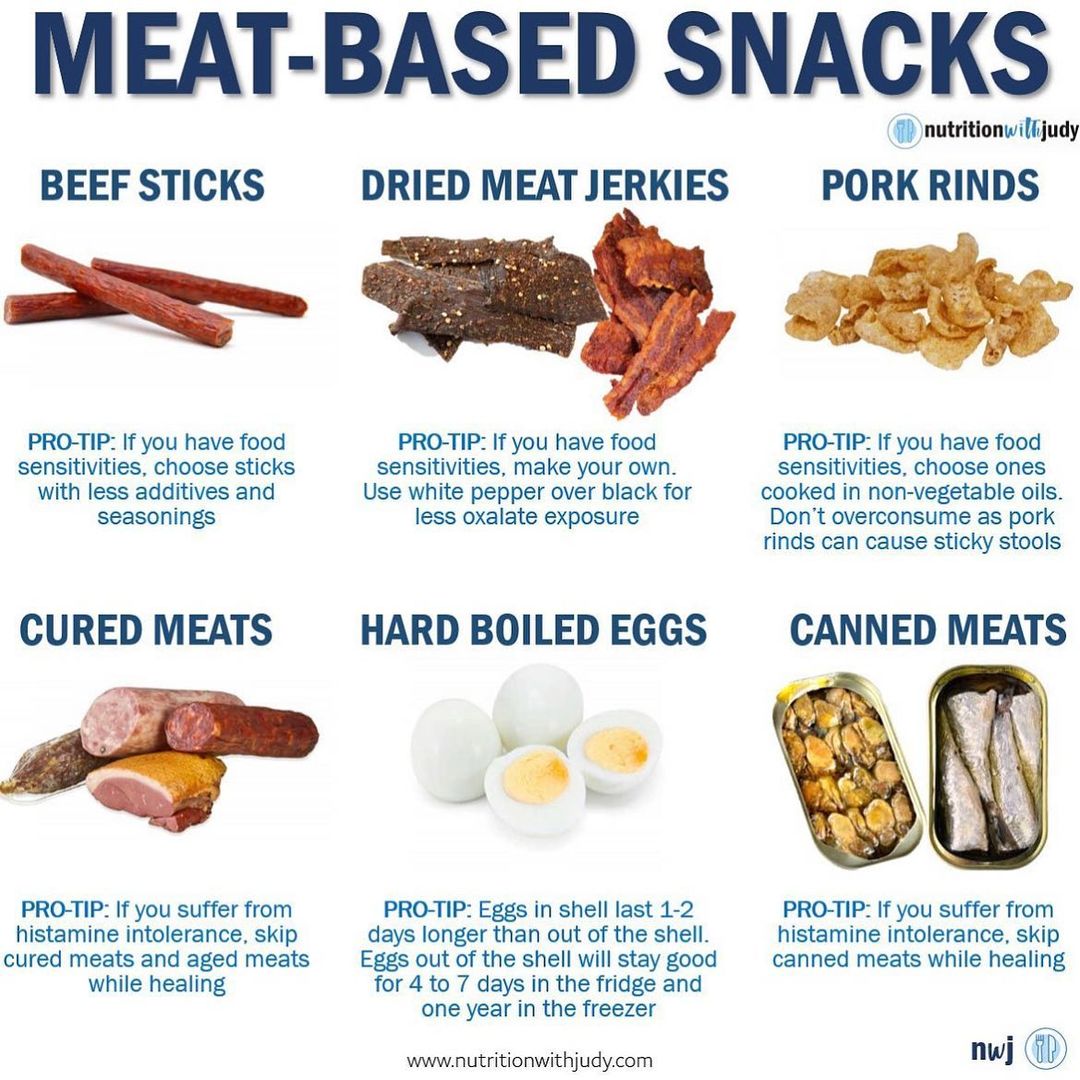

Success on the carnivore diet often hinges on effective planning. This proactive approach is crucial in several key areas: grocery shopping, meal prepping, eating out, and navigating social gatherings.
When grocery shopping, planning ensures you always have the right types of meat available. Stock up on a variety of meats to keep meals interesting and nutritious. Consider buying in bulk to save money and time. Being prepared with a stocked fridge and pantry makes it easier to adhere to the diet and resist temptations. If you’re looking for a comprehensive carnivore diet shopping list, we have an exclusive guide here.
Meal prepping is another cornerstone of carnivore diet success. Preparing meals in advance ensures you have carnivore-friendly options readily available, reducing the likelihood of straying from the diet due to convenience or time constraints. Batch cooking and portioning out meals can be a practical strategy.
Eating out and attending social gatherings require forethought. Research restaurants in advance to ensure they offer suitable carnivore options. When attending social events, consider eating beforehand or bringing your own meat-based dish to share. This not only makes sticking to your diet easier but also helps avoid the awkwardness of not having anything to eat.
Lastly, planning helps in managing expectations and reactions from others. Having ready explanations for your dietary choices can ease social interactions and help maintain your commitment to the carnivore lifestyle.
Planning is essential for long-term adherence to the carnivore diet. It ensures a consistent supply of appropriate foods, helps in maintaining diet discipline in various settings, and aids in managing social situations effectively.
4. Don’t “carnivore harder”
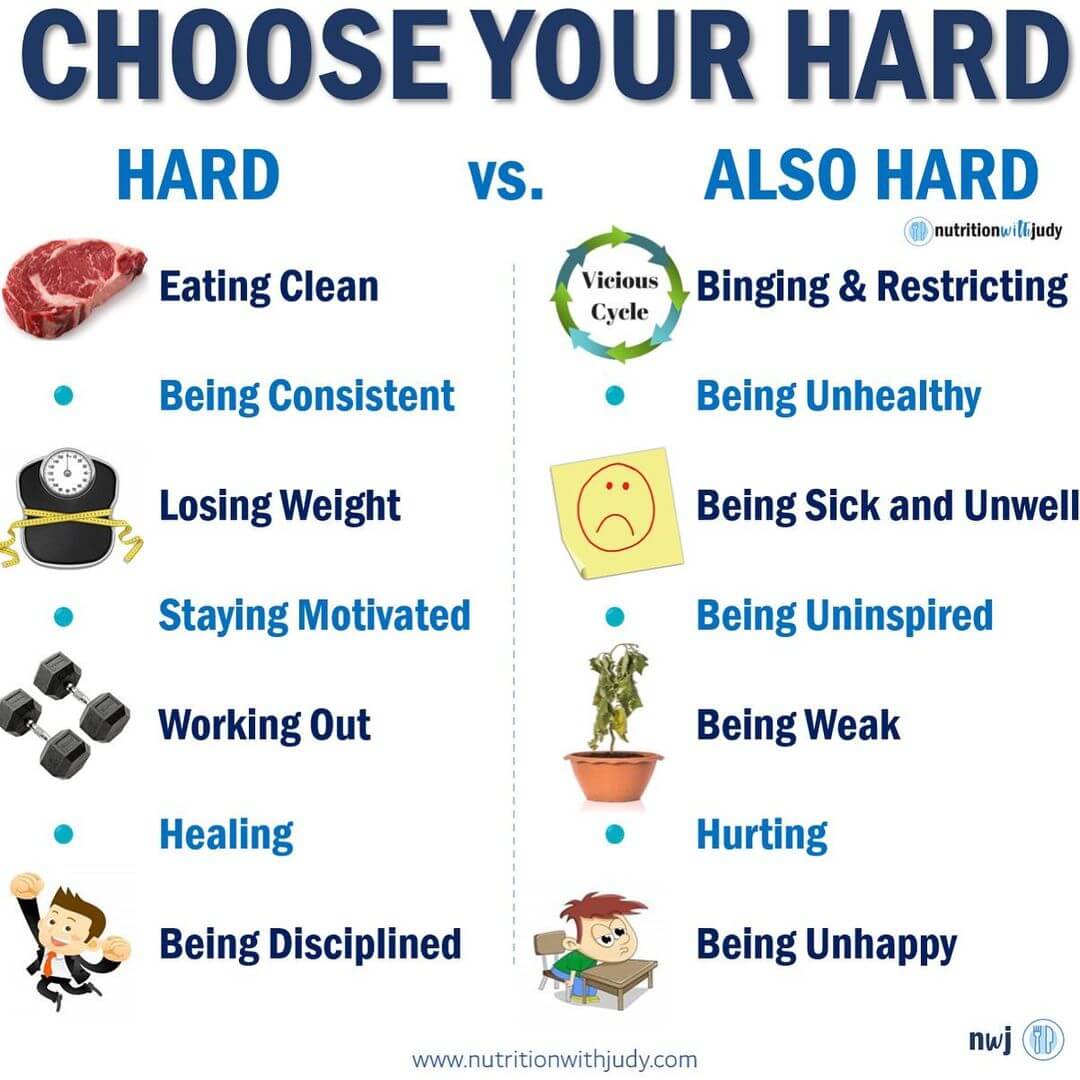

The key to a successful carnivore diet journey lies in balance and not pushing oneself too far. While the diet is effective for many, it’s essential to approach it with a sense of moderation and attentiveness to one’s body. It’s a common misconception that to achieve optimal results, one must adhere strictly to eating only meat. However, many people find healing on this diet even while incorporating elements like coffee or seasonings. Initially, it may be beneficial or even required to limit these additions to understand how your body reacts to the diet in its most basic form. Over time, reintroducing these items in moderation can make the diet more enjoyable and sustainable, without significantly hindering progress.
Furthermore, it’s important to recognize that the carnivore diet, though powerful, is not a one-size-fits-all solution. If you find that the diet isn’t yielding the expected benefits, it could be indicative of deeper root cause issues that need addressing. This often points to underlying health conditions such as Chronic Inflammatory Response Syndrome (CIRS). In such cases, it’s crucial to explore these possibilities, perhaps with the help of your trusted healthcare professional. This exploration can lead to a more tailored approach to the diet or additional interventions that complement the dietary changes.
The carnivore diet should be about finding a balance that works for your body. It’s about listening to your body’s signals and adjusting accordingly, rather than adhering to an overly rigid or extreme version of the diet.
5. Get community support


The role of community support in adhering to the carnivore diet cannot be overstated. It’s a journey that often requires more than just individual willpower. Being part of a community with similar health objectives offers a wealth of benefits. It creates an environment of mutual encouragement, where experiences and insights are shared, fostering a sense of belonging and understanding. This camaraderie can be particularly motivating during challenging times.
Closing Thoughts On How to Stay Consistent On the Carnivore Diet
To maintain consistency in the carnivore diet, it’s important to integrate several strategies. Enjoying the meat you love is key; find pleasure in the types of meat and cooking methods you prefer, and avoid rigid diet rules. Your personality type plays a crucial role in your approach; understanding whether you’re an abstainer or a moderator helps in tailoring the diet to your needs.
Planning ahead for grocery shopping, meal prep, dining out, and social events is essential to avoid off-plan choices. Flexibility, such as occasionally including coffee or seasonings, is okay. Remember that community support is invaluable; connecting with like-minded individuals and engaging in groups offers motivation, shared experiences, and expert guidance, contributing to the diet’s long-term success.
Work With Our Trusted Carnivore Diet Functional Nutritional Therapy Practitioners
The Nutrition with Judy practice is honored to be a trusted carnivore diet practitioner support serving clients from around the globe. We’re passionate about helping our clients achieve root-cause healing in order to lead the best quality of life possible that’s nearly symptom-free. Our team is dedicated to educating our community about the incredible benefits of the carnivore diet. We welcome you to explore our free resources and are always available to support you through personalized protocols. Our Symptom Burden Assessment (SBA) is the perfect starting point for discovering your root cause and is required to work with our team— you can learn more in-depth about this powerful tool here.
Start your root-cause healing journey today and contact us any time with any questions or concerns.
DISCLAIMER: This content is for educational purposes only. While we are board-certified in holistic nutrition and are nutritional therapy practitioners, we are not providing medical advice. Whenever you start a new diet or protocol, always consult with your trusted practitioner first.





